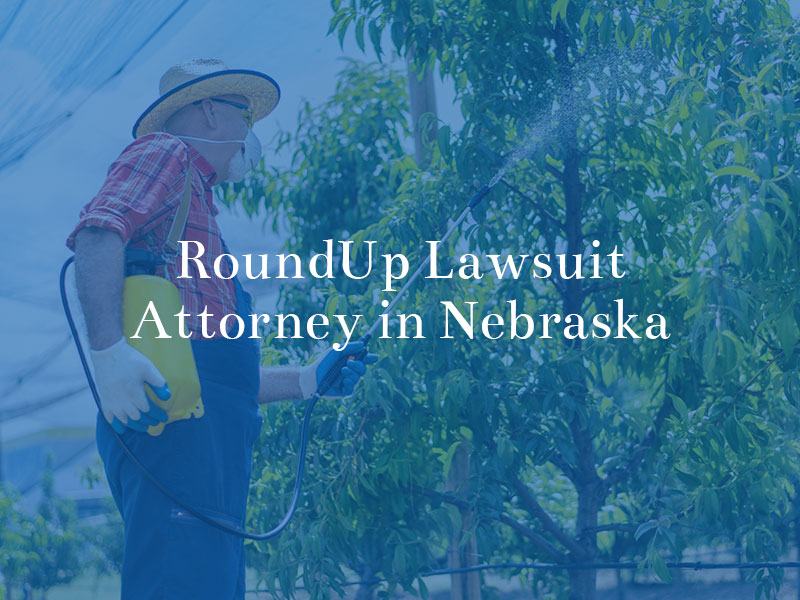A Voice for the Voiceless
The Dunken Law Firm is committed to helping each client find their voice and recover what has been lost.
START MY FREE CONSULTATIONIn the wake of a 2015 study finding that glyphosate, the active ingredient in RoundUp, may be linked to the development of various forms of cancer, thousands of people are taking legal action against the herbicide’s manufacturer.
If you or a loved one has been directly or indirectly exposed to Roundup and have developed non-Hodgkin’s Lymphoma (NHL) or another cancer-related illness, you may be entitled to financial compensation. Please contact our highly knowledgeable team of attorneys at The Dunken Law Firm so we can inform you of your legal rights in a free consultation. We can be reached at (713) 554-6780 or by filling out our online contact form.
Monsanto developed and began selling the weed killer RoundUp in the 1970s. It was the first herbicide to include glyphosate, a broad-spectrum chemical that kills most plants by preventing the plants from making certain proteins that are needed for plant growth. Therefore the plants or weeds cannot survive, making Roundup highly effective. In addition to glyphosate, Roundup’s formulation also contains “inactive” ingredients, such as surfactants. Surfactants are used to help bind Roundup to the weeds being targeted, allowing more time for the chemicals to soak in. Some of the crops that are consistently sprayed with RoundUp include, soybeans, cotton, corn, sugar beet, and wheat.
Since RoundUp is commonly used by individuals working in the agricultural industry, there is increased exposure to glyphosate. The people who are especially at risk of glyphosate inhalation, absorption, or ingestion are farm workers, landscapers, garden center or nursery employees, as well as members of the general public who routinely use the herbicide.
The International Agency for Research on Cancer (IARC), a division of the World Health Organization, assessed the cancer risk of five herbicides and pesticides used in industrial farming. After doing so, the IARC labeled the active ingredient in RoundUp called glyphosate as a probable carcinogen in 2015. This means the chemical probably causes cancer in humans. In their laboratory testing, the IARC found that glyphosate caused cancer in animals. The agency also reported that there was some evidence that the chemical caused genetic damage in human cells, leading to mutations that can develop into cancer.
A new scientific analysis completed by Scientific Direct on potentially cancer-causing glyphosate herbicides has found there is a 41% increased risk of developing non-Hodgkin’s lymphoma (NHL) in people with high exposures.

The following five counties had the highest use of glyphosate in Nebraska over a 25 year period, between 1992 and 2017:
Approximately 11,000 lawsuits are currently being pursued against Monsanto (Bayer) for not disclosing the risks of using RoundUp and plaintiffs are claiming the product is the cause of their NHL diagnoses.
Although there have not yet been any mass tort settlements, three trials involving Roundup and the potential link to cancer have resulted in jury verdicts in favor of the plaintiffs, who had all developed NHL. The most recent verdict in May 2019, has also been the largest awarded damages to date, granting a couple who blamed RoundUp for their NHL more than $2 billion. Although a judge later reduced the award to $86.7 million, it is still a huge win.
Generally, large groups of settlements do not take place until a few bellwether cases are first tried before a jury, and the manufacturer is able to more thoroughly understand its financial risk.
Our team of RoundUp lawsuit attorneys are committed to holding Monsanto (Bayer) accountable for harming individuals and their families by failing to adequately warn of the known hazards related to their herbicide. Call us at (713) 554-6780 or reach us online and schedule a free consultation to discuss your case.